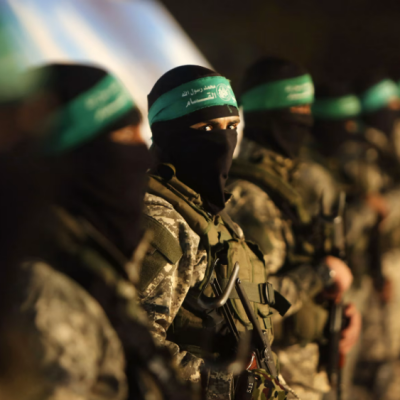Jaber Mohamed Al Shuaibi, Emirati Researcher in Geopolitical Issues
19 August 2020
The Arabic language has acquired high standing among the nations due to its capacity to adapt with the global languages and cultures. Arabic language was the tongue of politics, science, literature and knowledge over long centuries in the past, where the number of Arabic language speakers around the world reached 422 million persons. It is also the language of the Holy Quran recited by around two billion Muslims all over the world. Arabia language is also one of the oldest Semitic language and one of the official languages of the UN General Assembly, where the 18th of December every year is decided to be the world Arabic Language day for celebrating this language. Through this language, the intellectual and cultural communication between the peoples of the world is renewed. However, the UNSECO’s indication that the dominant language will possibly be used instead of 90% of the current language by the end of the 21st century is a matter of concern, particularly in the light of the poor scientific and intellectual production of the language of Daad (the Arabic language), as well as the implications of globalization of culture that cancelled the geographical consideration to allow the Arab communities to enter into the communication and information revolution.
The language lies at the heart of the national security system of any community. This is because the communities with weak mother tongue are liable to penetration by other dominant language. In this regard, we would like to refer to the political Islam powers, primarily the Muslim Brotherhood Group”, which is supported by Turkey and adopts ideologies and systematic intellectual attacks that do not recognizes languages or the Arabic cultural heritage.
The United Arab Emirates always takes the lead, not only through launching the space probe to Mars or constructing the peaceful nuclear energy plant to be the first country to do so among the 22 Arab countries, but it also led efforts and initiatives to preserve the language of Daad as inherent part of the endeavors to promote the citizenship and the Arabic cultural linkages. It is worth noting that H. H. Sheikh Khalifa bin Zayed Al Nahyan, the President of the UAE, may Allah safeguard him, said “Arabic Language is the core and shield of the national identity. It is the spirit of the nation, its originality element and the vessel of its thought and heritage”. This is because of the significance of giving the Arabic language the rightful place among the languages of the world, which symbolize love and coexistence among the peoples. It is believed that the UAE has succeeded in taking serious and robust steps towards the scientific advancement and modernity to develop itself until it joined the rank of the developed countries. Meanwhile, the UAE preserved the standing of the Arabic language through continuing in its humanitarian dialogue and openness to the world. The UAE maintained its leadership in enriching the content of the Arabic language after it has adopted recently the strategy of Abu Dhabi Arabic Language Center for 2020-2025, in order to consolidate and integrate the Language of Daad into the digital techniques and to motivate the cultural movement witnessed by the UAE in parallel with all of other development areas. Moreover, the “Arabic Language Charter”, introduced in April 2012, constituted a reference for all policies and Laws related to preserving the Arabic language and promoting its use in the public life. Let’s not forget the initiative “The Year of Reading” in 2016 that contributed effectively to promoting the standing of the Arabic language, as well as the initiative “Arab reading challenge”, where the school students of the Arab world had read millions of books within one school year. The UAE continues to be the source of enrichment for the Arabic language due to its belief that the relationship between the languages of the world should not be based on rivalry but on interaction toward promoting the human communication.




